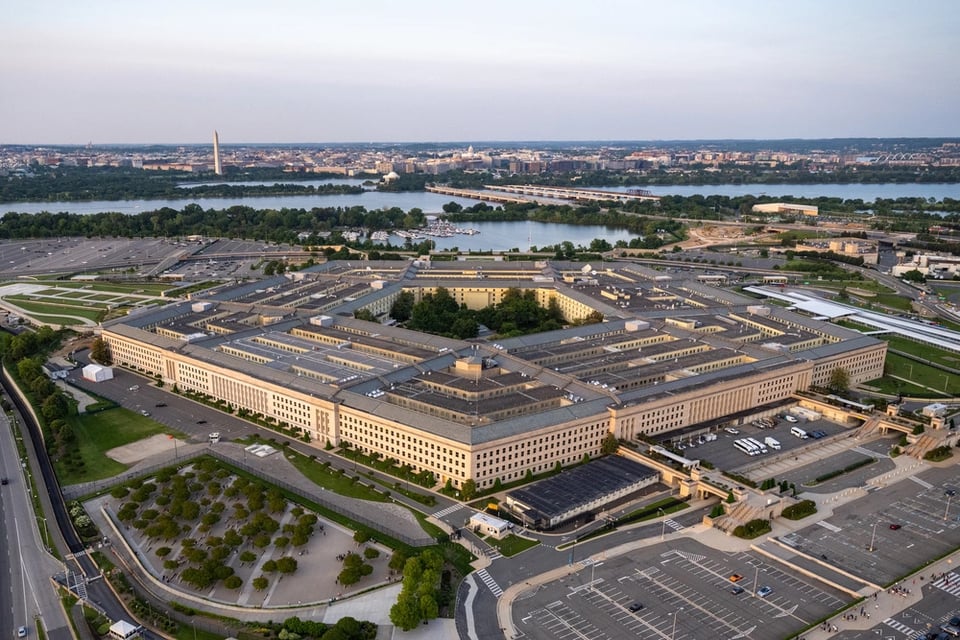A Dark Day for the Pentagon Press Corps
The Pentagon just silenced the press—and called it “security.”

The Pentagon has done something we haven’t seen in modern American history: it’s effectively shut the door on nearly every major outlet covering the U.S. military. On Wednesday, reporters from ABC, CBS, NBC, CNN, Fox, The New York Times, Reuters, The Washington Post, and dozens of others had their Pentagon press badges confiscated after refusing to sign a new “media acknowledgment” policy. The policy—pushed by Defense Secretary Pete Hegseth and backed by the convicted felon—would allow the Pentagon to brand journalists as “security risks” and revoke access for even asking questions that touch classified or “sensitive unclassified” matters.
In other words: the act of reporting could now be treated as a national security threat.
The Pentagon Press Association called October 15, 2025, “a dark day for press freedom.” They’re right. The statement from the PPA and the near-unanimous refusal by mainstream outlets to sign this document show that the press corps is drawing a line where the government has crossed one.
The administration, of course, insists it’s all overblown. Chief Pentagon spokesperson Sean Parnell dismissed the outcry as reporters having a “full-blown meltdown,” and the convicted felon went further, suggesting that journalists “disrupt world peace.” These statements would sound absurd if they weren’t so chillingly authoritarian.
Let’s be clear: the Pentagon already had control over classified access. Reporters are not permitted into secure spaces, and information about ongoing operations is tightly restricted under existing law. What’s new here is the implicit threat of criminalization—reporters could lose credentials or even face prosecution merely for asking questions.
And it gets worse. While the Pentagon was seizing credentials, the administration was busy rebranding the Department of Defense as the Department of War—a move that’s not just semantically loaded but legally meaningless. The President has no authority to rename cabinet departments. Only Congress can do that, under the same National Security Act of 1947 that merged the War and Navy Departments into today’s Defense Department. Every major democracy moved away from the term “War Department” after World War II for a reason: it implied aggression rather than deterrence.
Hegseth’s new label is more than nostalgia—it’s a declaration of intent. It’s also bitterly ironic, given that he once leaked his own military plans in a Signal chat that The Atlantic’s Jeffrey Goldberg was accidentally copied on. Apparently, the only people who can threaten national security are the ones lecturing journalists about it.
For the first time in 75 years, the Pentagon briefing room may soon stand empty. One America News is now the lone outlet with official access—a propaganda arm masquerading as a news organization. Every credible outlet, from The Wall Street Journal to NPR to Task & Purpose, has said no. That collective act of refusal matters. It’s a reminder that the free press still has a spine.
But we shouldn’t have to rely on courage to preserve the First Amendment. The Pentagon’s actions are not normal. They are not constitutional. And if the press corps can be locked out today, it’s only a matter of time before the next target is civilian critics, scholars, and even the public’s right to know.
Seventy-eight years ago, America replaced the War Department because it had seen what happens when secrecy and militarism eclipse democracy. We shouldn’t have to relearn that lesson.